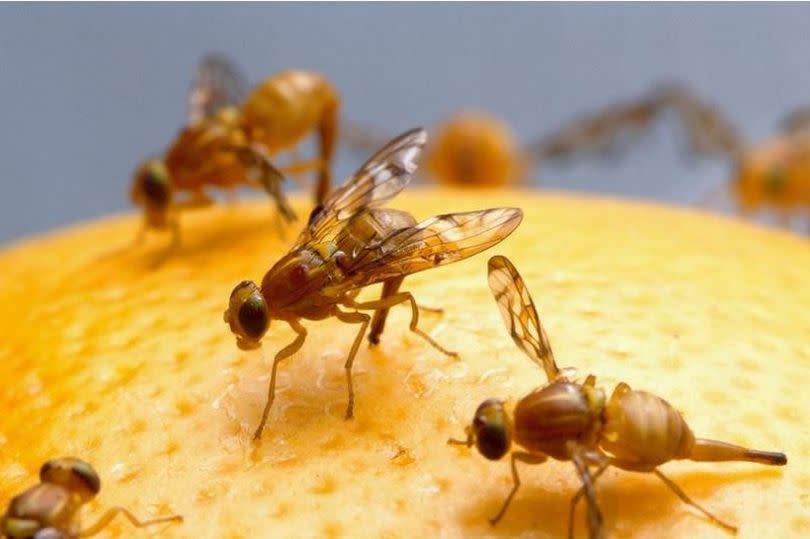Expert shares ways to get rid of flies in your home including using a common kitchen item

There are a number of easy ways to help remove flies from your home, according to an expert as a warning was issued over a rise in fly populations this summer.
Rentokil Pest Control has warned that homes across the country are set to be overrun with flies in the coming weeks due to recent weather conditions. Flies, a common sight during the summer months, could become an unwelcome infestation this year thanks to an unusually wet and warm spring.
The insects thrive in wet and warm weather, which accelerates their metabolism, leading to faster development and higher reproduction rates. The combination of increasing humidity levels in the UK over recent decades, coupled with the predicted heatwave this month, creates an ideal environment for these pests, reports the Mirror.
Read More: TV cleaning expert says four unusual items will keep ants away from your home this summer
Get all the latest money news and budgeting tips from Chronicle Live with our free newsletter
Paul Blackhurst, head of technical academy at Rentokil Pest Control, said: "Many parts of the country will hopefully enjoy warmer weather over the summer months and so there is likely to be a noticeable increase in fly populations. While this reflects a natural seasonal increase and is not cause for alarm, warm and humid temperatures can lead to the further growth of fly populations."
In indoor spaces, to help prevent infestations, it’s important to dispose of food waste quickly, cover food compost caddies, and keep kitchen doors and windows screened properly or closed. Installing insect screens on doors and windows can also help to keep flies outside, limiting their access to indoor spaces and reducing their contact with food preparation areas.
Fly traps can help limit the volume of flies in outside areas around your home or business before they enter your property. DIY fly traps using cider vinegar can also work well, but for persistent infestations, it is recommended to seek professional help.
Mr Blackhurst added: "A female common house fly can produce up to 500 eggs in her lifetime, which can hatch in just 8 to 24 hours and develop from egg to adult fly in as little as 5 to 7 days. So it’s vital to get ahead of this all-too-common pest problem before it quickly gets out of hand."

 Yahoo News
Yahoo News 
